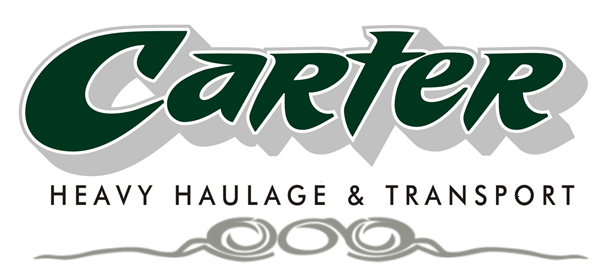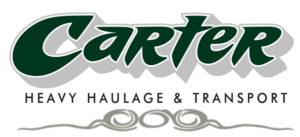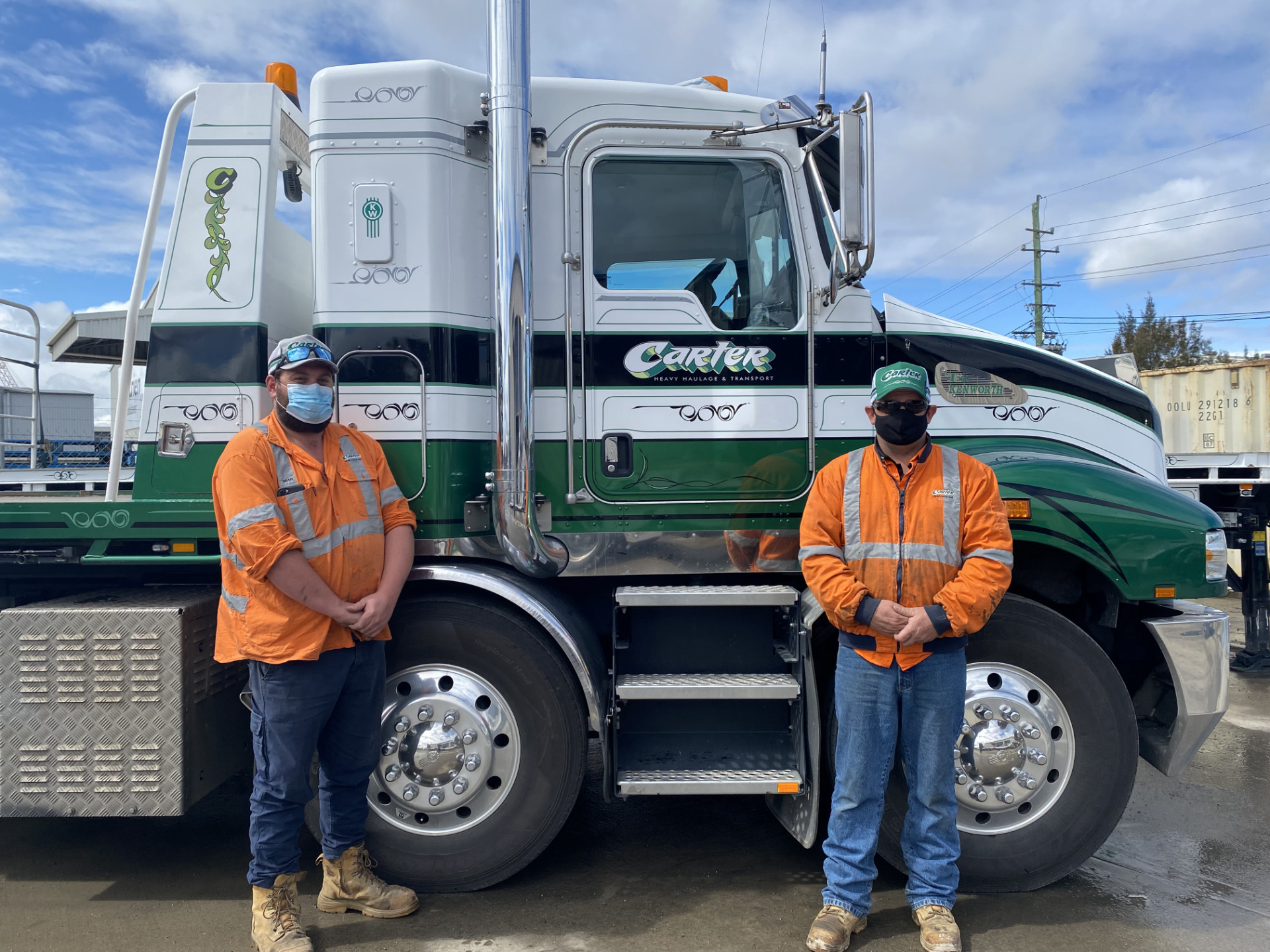Truckies managing the pressure as essential workers
As the pandemic continues to impact our community and country, we’d like to take a moment to reflect on the impact of COVID-19 on the transport industry, as well as the individual essential workers.
We are reminded daily of the number of people being cared for by health workers as they battle the virus, and rightly so. The job they are doing is amazing, and many of us surely owe our lives to the work they have done to minimise the spread of the virus.
But the strain on other essential workers such teachers, trades, and those in the transport and logistic sectors is not so easily recognisable.
We are extremely grateful to be able to continue operating, supporting our clients, and keeping our staff employed despite the challenges we’re all facing. Unfortunately, we know of far too many other businesses that have not been so lucky. Many small business owners in Australia are hurting, and we feel their pain.
As the transport industry continues to adjust to shifting rules and regulations, the pressure on business owners and drivers has intensified. Lockdown restrictions and quarantine requirements have left our workers isolated, and their families separated.
Fighting against all odds to keep Australia moving
As predicted early on in the pandemic, businesses that have been able to remain operational have needed to make adjustments to their day-to-day operations. We’ve been faced with the challenge of balancing the needs of clients with the health and safety of our team. And as an industry, we’ve pulled together and done what was required to keep the country moving.
We remain absolutely committed to complying with all Government regulations, ensuring the safety of our team, our workplace, and the wider community. But these constant adjustments do come at a cost, and we’re beginning to see them take a toll on the industry.
By its very nature, the transport industry is highly mobile, meaning the chance of being exposed to the virus is elevated. As with the rest of the community, we’re required to check in and out wherever possible, wear face masks when we leave our home, and limit close contact with anyone outside of those people we live with.
Add to this the compulsory COVID-19 testing on a rolling seven-day basis (sometimes more often), and the subsequent time spent waiting in queues at testing sites.
By taking just a quick look at the website for the National Heavy Vehicle Regulator you’ll see the additional complex arrangements interstate freight operators and their drivers must comply with. Not to mention delays at border crossings and the immense pressure to be vaccinated when vaccine supplies are difficult to come by.
These restrictions were only until recently coupled with the closure of truck stops and roadhouses, facilities essential to the health and safety of heavy vehicle drivers. Thankfully authorities saw sense and reopened roadhouse dining and bathroom amenities to support truckies as they continue to support the community.
Looking to the future
When we talk to our team about what they miss most, it’s the simple things – like the ability to play sport, grab a beer with friends, or spend quality time with extended family. It’s tough on us all. But we’re getting there.
We’re proud of the way our team has pulled together while facing such challenges. We’re particularly pleased that they’re also doing what they can to help limit the spread, with 75% of the Carter Heavy Haulage & Transport team already fully vaccinated. The remaining 25% are booked in soon.
We understand that the times we are living in are challenging. We are here for you, both as an essential service and as fellow members of the community who care about your health and wellbeing.
Get in touch today if you would like our support.




